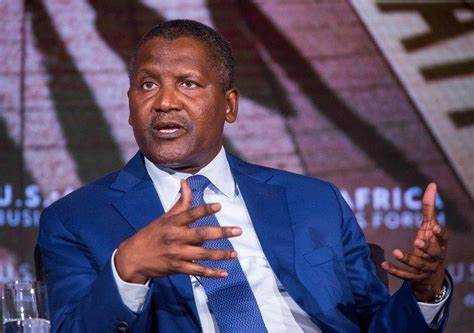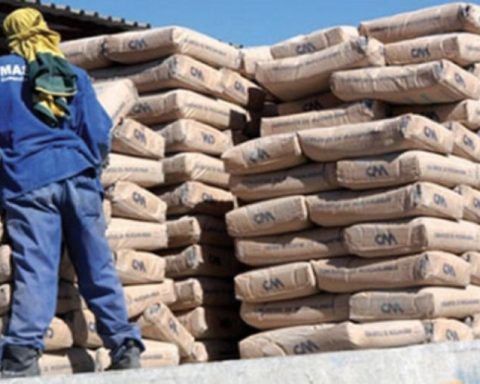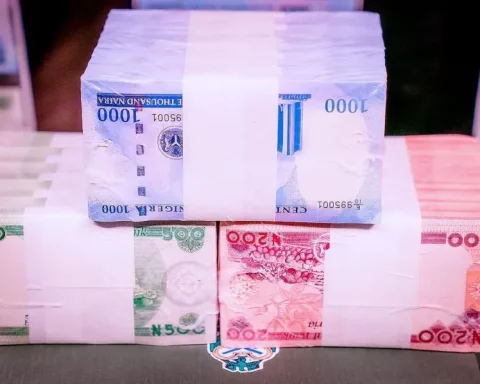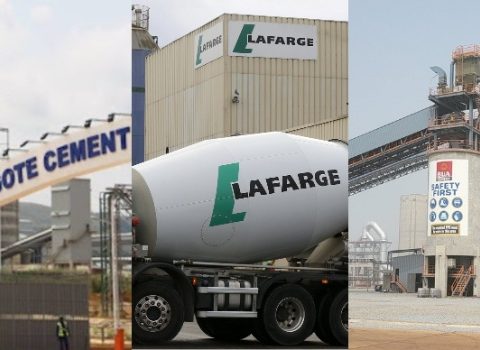Africa’s richest man and President of Dangote Group, Alhaji Aliko Dangote, has revealed that Nigeria is now the largest exporter of cement in Africa.
Nigeria’s emergence as Africa’s leading cement exporter has been attributed to the significant contributions of Dangote Cement, the continent’s largest cement producer.
Join our WhatsApp ChannelDangote, who spoke at the Gates Foundation Goalkeepers event held in Lagos, noted that the country used to be the world’s second-largest importer of cement, but now exports more cement than any other African country due to a significant boost of local investment in production capacity in that sector.
“Nigeria used to be the second-largest importer of cement in the world, but now we export more cement than any other African country,” Dangote stated.
He highlighted how strategic alliances and domestic investment can help turn around long-standing issues.
READ ALSO: Dangote Cement’s Production Cost Gulps 40.94% Of Revenue
Prime Business Africa reports that Dangote Cement which is majorly based in Nigeria, has a total installed capacity of 48.6 million tonnes per annum (Mt/a) across the continent. Nigeria is host to 32.3 Mt/a of this capacity, with the remaining 16.3 Mt/a distributed among nine other African nations: Tanzania, South Africa, Ethiopia, Cameroon, Republic of Congo, Ghana, Senegal, Zambia, and Sierra Leone.
Currently present in 10 African countries, Dangote Cement has continued to expand its operations. Dangote had some months back, announced resumption of construction of a 6-million-metric-ton-per-annum cement factory in Itori, located in Ewekoro Local Government Area of Ogun State. The project is expected to be completed by November 2026.
Last year, Dangote Cement announced that it had shipped seven cargoes of clinker from Nigeria to Ghana and Cameroon, solidifying its position as Africa’s largest cement producer.
A major milestone in Nigeria’s transformation from a bulk cement importer to a major exporter in the region was reached when the company announced that clinker exports for the first quarter of 2024 increased by 87.2 percent to 264,000 metric tonnes.
A kiln is used to heat limestone and other raw materials to create clinker, a solid, granular material. When making cement, it is the intermediate product that is ground into a fine powder and combined with gypsum to create finished cement.
Nigeria was one of the biggest cement importers in the world until recently. However, with consistent investments in domestic production, anchored by Dangote Cement, the country has expanded into regional markets in addition to satisfying domestic demand.
Victor Ezeja is a passionate journalist with seven years of experience writing on economy, politics and energy. He holds a Master's degree in Mass Communication.

















